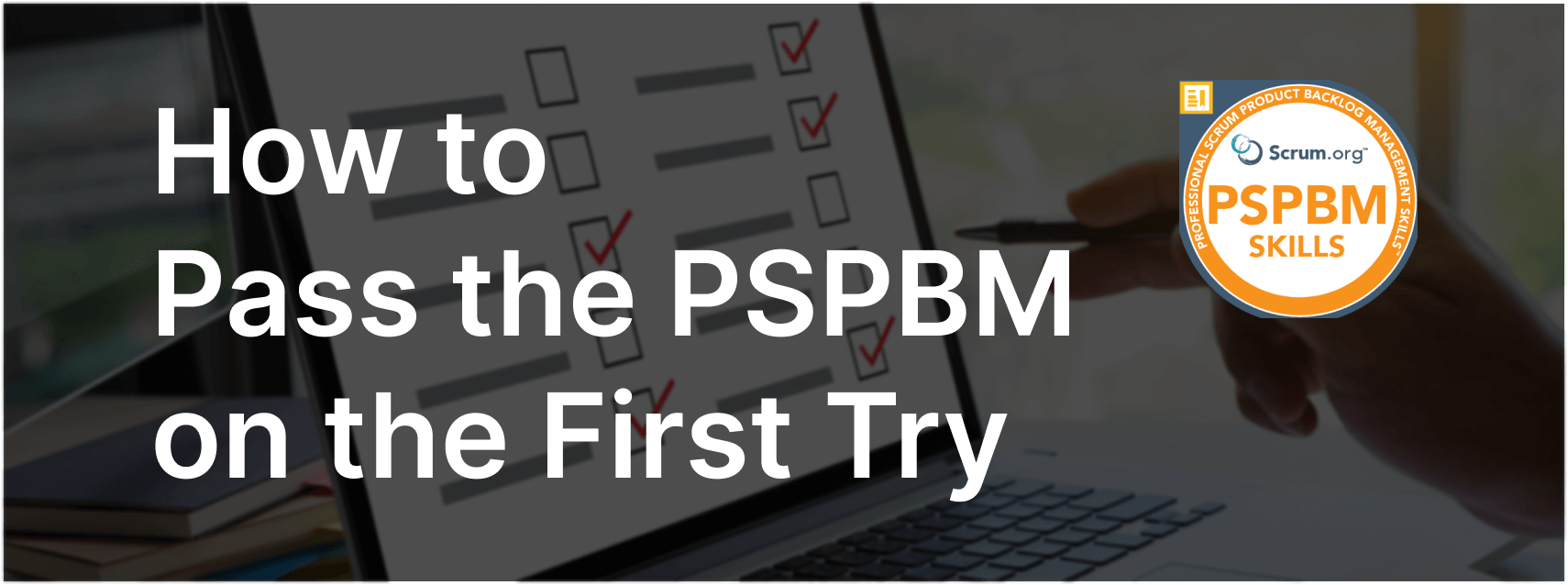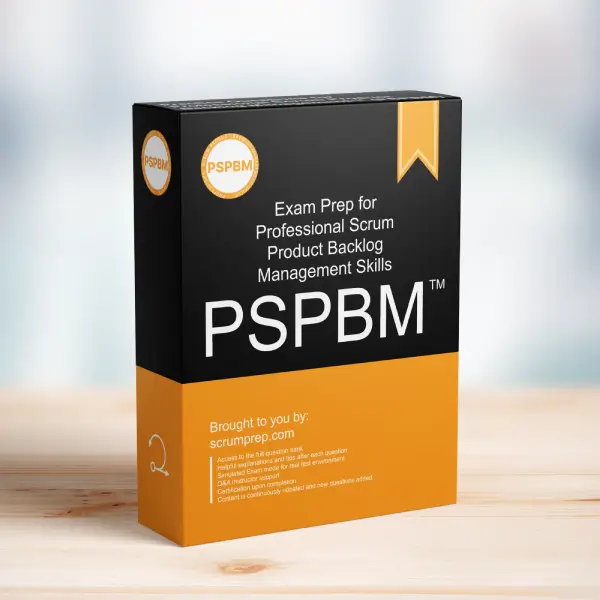Product Backlog Refinement Sessions
Product Backlog refinement is a crucial activity in Scrum that helps ensure that the Product Backlog items are clear, understood, and ready for future Sprints. The involvement of appropriate stakeholders and team members is essential to make this process effective.
Exam Question
Who should attend Product Backlog refinement sessions?
(choose the best answer)
A. The entire Scrum Team, and stakeholders as needed.
B. The Scrum Team should decide which Scrum Team members and stakeholders will be valuable to have in attendance.
C. Only the Developers and the Product Owner since the Product Owner should not include stakeholders in Product Backlog refinement sessions.
D. The Scrum Master as facilitator, the Product Owner, and all Developers.
Correct Answer
B. The Scrum Team should decide which Scrum Team members and stakeholders will be valuable to have in attendance.
Explanation
Correct Answer
B. The Scrum Team should decide which Scrum Team members and stakeholders will be valuable to have in attendance:
This approach allows the Scrum Team to tailor the refinement sessions based on the specific needs of the items being discussed. By including relevant stakeholders and team members, the team ensures that all necessary input and expertise are available to refine the Product Backlog items effectively. This promotes a collaborative and inclusive environment, aligning with Scrum principles.
Why the Other Options Are Less Appropriate
A. The entire Scrum Team, and stakeholders as needed:
While this option includes a wide range of perspectives, it may not be efficient for all refinement sessions. Including the entire team and stakeholders can be overwhelming and may lead to less focused discussions.
C. Only the Developers and the Product Owner since the Product Owner should not include stakeholders in Product Backlog refinement sessions:
Excluding stakeholders entirely can limit valuable input that might be crucial for understanding and refining certain Product Backlog items.
D. The Scrum Master as facilitator, the Product Owner, and all Developers:
While this option ensures key team members are present, it may miss out on valuable stakeholder insights that could improve the quality of the refinement process.
Benefits of Selective Inclusion
- Focused Discussions: Including relevant stakeholders and team members ensures that discussions remain focused and productive.
- Expert Input: Bringing in stakeholders and team members with specific expertise can enhance the quality of the refinement.
- Efficiency: Tailoring attendance to the needs of the session can make the process more efficient and less time-consuming.
Relevance to the PSPBM Skills Exam
Understanding the best practices for conducting Product Backlog refinement sessions is crucial for the PSPBM Skills exam. It demonstrates the ability to manage the Product Backlog effectively and engage the right people at the right time to ensure high-quality backlog items.
Key Takeaways
- The Scrum Team should decide which members and stakeholders to include in refinement sessions based on the needs of the items being discussed.
- Involving the right people ensures focused, productive, and efficient discussions.
- Effective refinement sessions contribute to a well-ordered and actionable Product Backlog.
Conclusion
Product Backlog refinement is a collaborative process that benefits from the inclusion of relevant stakeholders and team members. By selectively involving the right people, Scrum Teams can ensure that the Product Backlog items are well-understood, appropriately prioritized, and ready for future Sprints. For more information on preparing for the PSPBM Skills exam, visit our Professional Scrum Product Backlog Management Skills PSPBM™ Exam Prep.



